Introduction
Zongzi, a traditional Chinese rice dumpling wrapped in bamboo or reed leaves, is a beloved culinary treasure enjoyed during festivals like the Dragon Boat Festival. These pyramid-shaped delicacies, often filled with ingredients like glutinous rice, red bean paste, pork, or salted egg yolk, are labor-intensive to prepare and frequently made in large batches. Given their popularity, many households opt to freeze leftovers for future consumption. However, a common concern arises: Can frozen zongzi spoil if left unrefrigerated overnight? This article delves into the science of food safety, the risks of improper storage, and actionable tips to ensure your zongzi remains safe to eat.

Understanding Zongzi: Composition and Spoilage Risks
Zongzi’s primary ingredient, glutinous rice, is a starchy carbohydrate that serves as an excellent nutrient source for microorganisms. When combined with moisture-rich fillings and wrapped in leaves, the environment becomes conducive to bacterial growth if mishandled. Freezing slows microbial activity but does not eliminate it entirely. Thawing, even partially, can reactivate dormant bacteria, increasing the risk of spoilage.
The Science of Food Spoilage
Food spoilage occurs due to three primary factors: microbial growth, enzymatic activity, and oxidation. Freezing inhibits these processes by lowering temperatures below 0°C (32°F), which halts bacterial reproduction and slows enzyme activity. However, once zongzi is removed from the freezer, thawing begins. If left at room temperature (typically 20–25°C or 68–77°F), the “danger zone” for bacterial growth, pathogens like Bacillus cereus, Staphylococcus aureus, and Clostridium perfringens can proliferate rapidly. These bacteria produce toxins that cause foodborne illnesses, with symptoms ranging from nausea and vomiting to abdominal cramps and diarrhea.
Risks of Leaving Frozen Zongzi Out Overnight
Leaving frozen zongzi at room temperature overnight exposes it to prolonged thawing, creating an ideal breeding ground for bacteria. Even if the zongzi remains partially frozen, the outer layers may reach temperatures conducive to microbial growth. For example, Bacillus cereus, commonly found in rice, can form heat-resistant spores that survive cooking and freezing. When zongzi is thawed, these spores germinate, and the bacteria multiply, producing toxins that are not destroyed by reheating.

The Danger Zone: Time and Temperature Abuse
Food safety experts emphasize the “2-Hour/4-Hour Rule”: perishable foods should not be left in the danger zone (5–60°C or 41–140°F) for more than two hours. If left between 5–60°C for two to four hours, the food may still be safe if consumed immediately, but reheating is recommended. Beyond four hours, discard the food to avoid illness. Frozen zongzi left overnight (8–12 hours) far exceeds this threshold, significantly raising the risk of spoilage.
Visual and Olfactory Cues: How to Identify Spoiled Zongzi
While freezing delays spoilage, it does not prevent it indefinitely. Signs of spoilage in zongzi include:
- Off Odors: A sour, fermented, or ammonia-like smell indicates bacterial activity.
- Texture Changes: Sliminess, excessive moisture, or a mushy consistency suggest microbial breakdown.
- Discoloration: Grayish or greenish hues, particularly around the filling, may indicate mold growth.
- Gas Production: Swollen packaging (if vacuum-sealed) due to bacterial gas byproducts.
Proper Storage Guidelines for Zongzi
To maximize shelf life and safety, follow these steps:
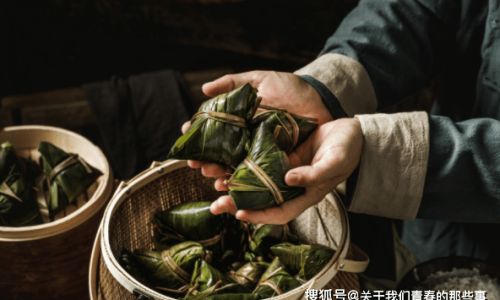
- Freezing: Wrap zongzi tightly in plastic wrap or aluminum foil, then place in airtight freezer bags. Label with the date to track storage time (ideally consumed within 3 months).
- Thawing:
- Refrigerator Thawing: Transfer frozen zongzi to the fridge 12–24 hours before consumption. This slow, safe method keeps temperatures below 5°C (41°F).
- Cold Water Thawing: Submerge sealed zongzi in cold water, changing the water every 30 minutes. Cook immediately after thawing.
- Avoid Room Temperature Thawing: Never leave zongzi to thaw on countertops.
- Reheating:
- Steaming: Steam for 15–20 minutes until heated through.
- Boiling: Simmer in water for 10–15 minutes.
- Microwave: Use a microwave-safe dish with a lid, heating in 1-minute intervals.
Case Study: The Perils of Neglecting Food Safety
In 2022, a family in Guangdong Province experienced food poisoning after consuming zongzi left to thaw overnight. Symptoms included severe vomiting and fever, requiring hospitalization. Investigations revealed Bacillus cereus contamination, linked to improper thawing practices. This incident underscores the importance of adhering to food safety guidelines, even with traditional dishes.
Cultural Practices vs. Modern Food Safety
Traditionally, zongzi was preserved using salt, smoking, or fermentation, methods less common in contemporary kitchens. While freezing extends shelf life, cultural practices like leaving zongzi out for “natural thawing” conflict with modern food safety standards. Balancing tradition and science requires education: for instance, using insulated coolers with ice packs during festivals to keep zongzi cold while maintaining cultural rituals.
Expert Recommendations
Food safety agencies, including the U.S. Department of Agriculture (USDA) and China’s National Health Commission, advocate for strict temperature control. Dr. Li Wei, a microbiologist at Beijing University, states, “Freezing is not a sterilization method. Once thawed, zongzi must be treated like fresh food—refrigerated promptly and consumed within two days.”
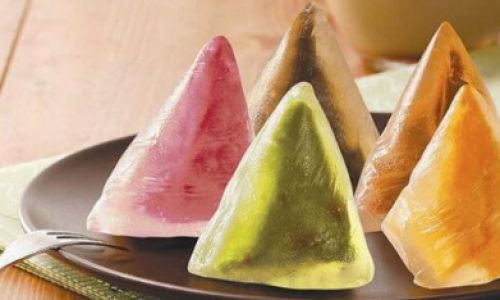
Conclusion
Frozen zongzi left overnight at room temperature poses significant health risks due to bacterial proliferation. While freezing is an effective preservation method, it demands adherence to proper thawing and reheating protocols. By understanding the science of food spoilage and prioritizing safe handling, you can enjoy zongzi without compromising health. Whether celebrating a festival or savoring a snack, let tradition and safety coexist harmoniously.
Final Tip: When in doubt, follow the adage, “When unsure, throw it out.” Your health is worth far more than a single meal.


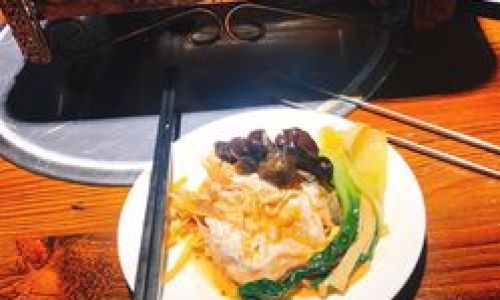

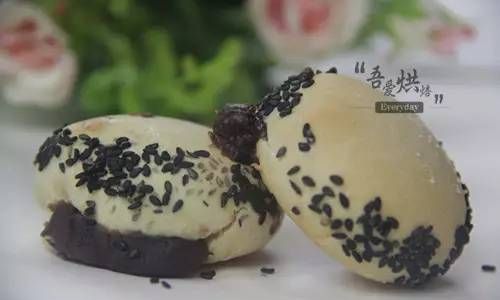
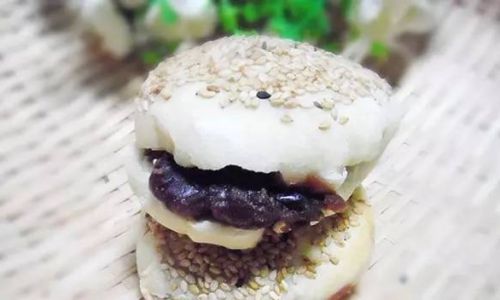
0 comments